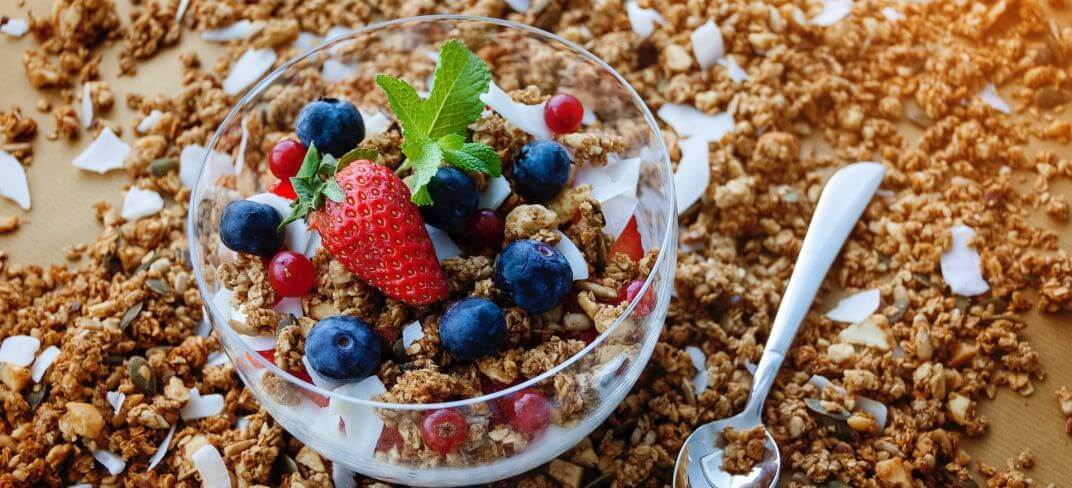Foods High in Fiber: It is Important to Supplement

Did your menu today include foods high in fiber, such as oatmeal for breakfast and a sandwich on whole-grain bread for lunch? It’s important to include high-fiber foods in your daily diet to support digestion.
Why Is It Important to Eat Foods High in Fiber?
Fiber is a key component of our diet and plays a crucial role in the health of our bodies. According to the National Institute of Health, fiber not only provides energy to the body, but also helps to preserve and maintain health, reducing the risk of the onset of certain diseases.
Soluble and Insoluble Fibers: The Health Benefits
There are two main types of fiber: soluble and insoluble. Both offer distinct health benefits:
- Soluble fiber can help reduce cholesterol, thereby reducing the risk of cardiovascular disease.
- Insoluble fibers are essential for maintaining a healthy gut, preventing constipation, and reducing digestive disorders, such as diverticulitis.
Fiber-rich Foods to Include in Your Diet
To ensure that you are getting the right amount of fiber, it is important to include certain foods in your daily diet. Here are some fiber-rich foods that can help improve your health:
- Bran.
- Oats.
- Dried beans and peas.
- Barley.
- Chickpeas.
- Rice bran.
- Fruits and vegetables, including apples (unpeeled), carrots, cauliflower, cabbage, turnips, and berries.
- Whole grains, including whole grain pasta, cereals, rice, and bread.
- Peanuts, walnuts, and almonds.
How Much Fiber Should You Be Eating?
Although a low-fiber diet may not be recommended for some people, an average healthy adult should consume 25 to 30 grams of fiber per day. In contrast, people under the age of 19 should consume 14 to 25 grams per day.
Although fiber-rich foods are good for your health, it is important to introduce them gradually into your diet. Increasing your daily fiber intake too quickly can irritate your stomach and cause cramping and bloating. Talk to your primary care physician or nutritionist before making significant changes to your diet.
Also, be sure to drink plenty of water and stay active while your digestive system adjusts to the change.
Fiber is an essential element in our health and well-being. Incorporating fiber-rich foods, such as those mentioned, into our diet can provide significant benefits for our digestive and overall health. Investing in your health through proper nutrition is the first step toward a healthy and active life.
To follow a balanced diet and make an appointment with a nutrition specialist at UPMC Salvator Mundi International Hospital.